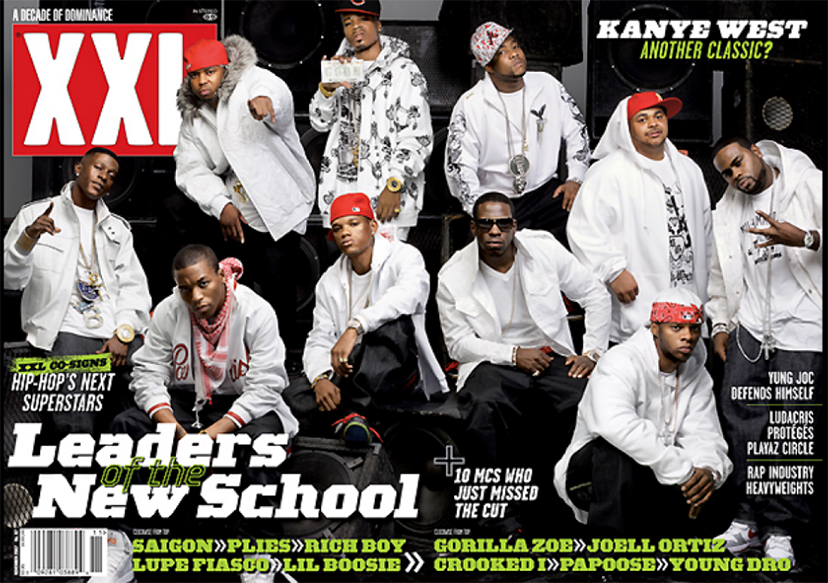The passing of twenty years has packed a deluge of symbolic change, not much of which I would venture to say is inexplicable. All things noted, one event in particular… Cardi B. being the first female rapper since 1998 to reach number one on the Billboard Charts for a solo single, with her hit “Bodak Yellow”, which had me asking some serious questions aloud in the Universe. What might be more compelling is that the only other person to have done this very thing is the galactic and soulful Lauryn Hill, with her third eye-tapping anthem “Doo Wop” (That Thing). To present a battle of the “woke” versus the “wretched” would be not only stereotypical, but also extremely parochial. I am not all the way off beat… Obviously. The two women could not be more different –their individual motivations, their aesthetics, the substance in their lyrics, the ways that they connect with their audience and how they are perceived in the eyes of the public- all contribute to assessing the value of an artist and their contribution.
“Bodak Yellow” dripped summertime fly. It was nasty, it was gutter and glittering with its own unfiltered variety of authentic. It offered the perfect combination of feel-good, hood-rich rhetoric, with a subtle twist of redemption. Today’s teens, early twenty-somethings (and older) could find their “gangsta” at the sound of her loose and calculated cadence, getting an instantaneous dose of “I’m the shit”-style liberation, at no cost to their credibility or egos. Using comparison she effectively reclaims the spirit of a true hustler’s mentality, not specific to gender nor product but to an attitude; a way of living and being (“And I’m quick, cut a nigga off so don’t get comfortable”).
Lauryn Hill offered the late 90’s listener a glimpse into harmonies of the past with “Doo Wop” (That Thing). A steady flow of consciousness, (That Thing) captured the issues that plagued both women and men within the Black community, and begged consideration of how those issues have single handedly torn at the weft of our social fabric, evidenced in the dynamics between one another, and in the ways that we see ourselves within the larger social framework. (“It’s silly when girls sell their souls because it’s in, Look at where you be in, hair weaves like Europeans, Fake Nails done by Koreans. Come Again”.)
Here is where I get lost: Cardi uses the same ferocity to supply boastful notions of her own power, status and influence that she uses to squander similar notions that other females have of themselves -in particular, any female perceived as a “worker bitch” who’s “in the club just to party”. She swerves hastily back and forth between self-proclamation (“Look I don’t dance now I make money moves”) self -praise (“They see pictures they say “goals” bitch I’m who they tryna be”), chastising the “little bitch” who puts inference on what others have, are doing and with whom, and showing deference for the role of home-wrecker without a cause, “taking” that which “belongs” to another for the sake of sheer conquest (“Look, I might just chill in some Bape, I might just chill with your boo, I might just feel on your babe”).
It is as if everything Lauryn has advised us to avoid, Cardi unabashedly embraces or somehow has perpetuated in the course of her come-up. (“Showing off your ass cause you’re thinkin it’s a trend”… “don’t be a hard rock when you really are a gem”… “Baby girl, respect is just a minimum”). These words seem almost archaic in a time when for the right “thing” we can still be bought because “I’ll let him do what he want, he buy me Yves Saint Laurent”.
Their dichotomy is special because the things that create their differences also solidify the commonality in their messages. Both artists have an immutable ability to inspire women to personal action. They unapologetically call for being in control of your own identity (whatever that is) in its most natural form; demonstrating that the power we seek is the same power that we harness, but have been giving away (ever so-cheaply) all this time; to self-loathing, to shame, to fear, to other people’s perceptions and expectations.
The manifestation of that power; the use of that power, is another story.
Readers Also Liked:
 Just A Girl From The Bronx Topping The Billboard Charts – The Rise of Cardi B
Just A Girl From The Bronx Topping The Billboard Charts – The Rise of Cardi B
Karen Civil – From Fan Girl To Marketing Genius!!! Revisiting The Inaugural XXL Freshmen Class of 2007: Their Success & Where Are They Now???
Revisiting The Inaugural XXL Freshmen Class of 2007: Their Success & Where Are They Now???

